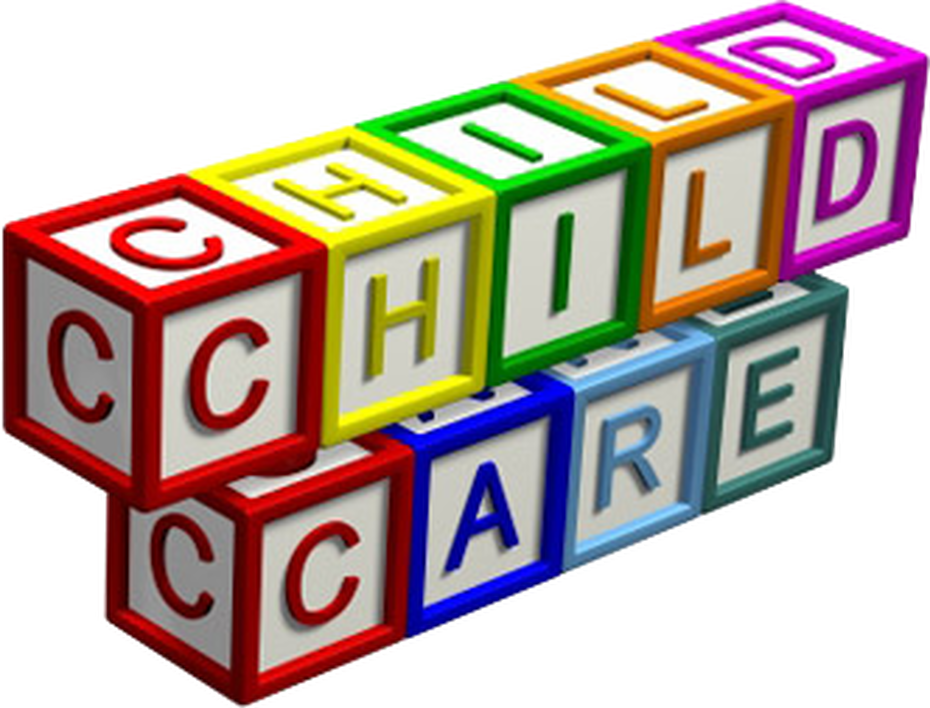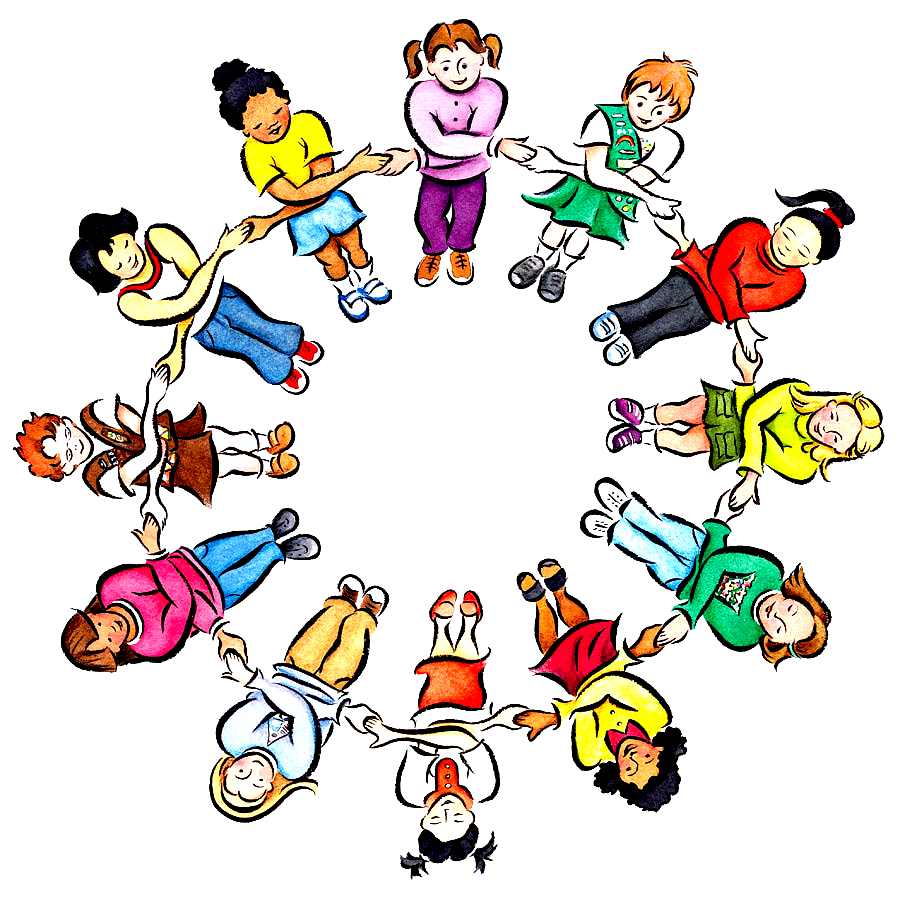**Let me tell you something, folks—child care isn’t just about keeping your little ones busy while you’re at work. It’s a vital part of a child’s growth and development, shaping their future in ways you might not even realize.** Whether you’re a new parent trying to figure out the best options or a seasoned mom looking for some fresh insights, this guide has got you covered. We’re diving deep into the world of child care, breaking it down step by step so you can make informed decisions for your family.
When people think of child care, they often picture a babysitter or daycare center. But there’s so much more to it. From early education programs to in-home care, the choices are endless. And trust me, with the right guidance, you can find the perfect fit for your child’s needs. So, buckle up, because we’re about to take you on a journey through the ins and outs of child care.
Now, why is child care such a big deal? Well, it’s not just about keeping your kids safe while you’re busy with work or other responsibilities. It’s about creating an environment where they can thrive, learn, and grow. From social skills to cognitive development, the right child care setup can set your little one up for success in life. Let’s explore all the options and strategies that can help you navigate this important decision.
Read also:Unlocking The Potential Of Iot Devices Examples From Anywhere
Understanding the Basics of Child Care
Before we dive into the nitty-gritty details, let’s talk about what child care really means. At its core, child care refers to the supervision and care of children by someone other than their parents. This could be a family member, a professional caregiver, or an institution like a daycare center. The goal is simple: to ensure the safety, well-being, and development of children in a nurturing environment.
But here’s the thing—child care isn’t one-size-fits-all. Different families have different needs, and finding the right solution can feel overwhelming. That’s why it’s important to understand the basics before jumping into any decision. Let’s break it down:
- In-Home Care: Hiring a nanny or au pair to look after your child in the comfort of your own home.
- Daycare Centers: Facilities that provide structured care and activities for children while their parents are at work.
- Preschool Programs: Educational settings that focus on early learning and development through play and structured lessons.
- Family-Based Care: Relying on relatives or close friends to take care of your child.
Each option comes with its own set of pros and cons, and it’s up to you to decide which one aligns best with your family’s values and lifestyle. Keep reading as we explore each option in more detail.
The Importance of Early Education in Child Care
Let’s talk about early education because, let’s be honest, it’s a game-changer. Research shows that children who participate in quality early education programs are more likely to succeed academically and socially later in life. But what exactly does early education entail? It’s more than just coloring and playing with blocks—it’s about fostering a love for learning from a young age.
Here’s the deal: early education programs focus on developing key skills like language, math, and social interaction. They also encourage creativity, critical thinking, and problem-solving—all essential building blocks for future success. Plus, being in a structured environment helps children learn how to follow rules, work with others, and express themselves effectively.
So, how do you choose the right early education program? Look for places that prioritize:
Read also:Best Ssh Iot Platform Unlocking The Future Of Secure Device Management
- Trained and experienced teachers
- A balanced curriculum that includes both play and structured learning
- Safe and nurturing environments
- Opportunities for parental involvement
By investing in early education, you’re setting your child up for a lifetime of learning and growth. And isn’t that what every parent wants?
Types of Child Care: What Works Best for You?
Now that we’ve covered the basics, let’s talk about the different types of child care available. Remember, there’s no one-size-fits-all solution. What works for one family might not work for another. So, how do you decide which option is right for you? Let’s break it down.
1. In-Home Care
If you’re looking for personalized attention and flexibility, in-home care might be the way to go. Whether you hire a nanny, au pair, or babysitter, this option allows your child to stay in a familiar environment while receiving one-on-one care. Plus, you have the freedom to set your own schedule and routines.
However, hiring someone to come into your home requires trust and thorough vetting. Make sure to:
- Conduct background checks
- Ask for references
- Set clear expectations and boundaries
While in-home care can be more expensive than other options, many parents find the convenience and personalized attention worth the investment.
2. Daycare Centers
Daycare centers offer a structured environment where children can socialize and learn alongside their peers. These facilities typically follow a set schedule, providing a mix of playtime, educational activities, and rest periods. Plus, most daycare centers are staffed by trained professionals who specialize in early childhood education.
When choosing a daycare center, consider:
- The staff-to-child ratio
- The curriculum and daily activities
- The facility’s safety and cleanliness
Daycare centers can be a great option for families who value structure and social interaction for their children.
Cost Considerations in Child Care
We can’t talk about child care without addressing the elephant in the room—cost. Let’s face it, quality child care doesn’t come cheap. According to recent studies, the average cost of daycare in the U.S. ranges from $9,000 to $15,000 per year, depending on your location and the type of care you choose. Yikes, right?
But don’t panic just yet. There are ways to make child care more affordable. Some employers offer dependent care benefits, and there are government programs that provide financial assistance to eligible families. Additionally, sharing care with other families or hiring a nanny share can help reduce costs.
Here’s a quick breakdown of the average costs:
- In-Home Care: $18-$25 per hour
- Daycare Centers: $600-$1,500 per month
- Preschool Programs: $800-$1,200 per month
Remember, cost shouldn’t be the only factor when choosing child care. Quality and fit are equally important. But knowing your budget upfront can help narrow down your options.
Benefits of Quality Child Care
Now, let’s talk about the benefits of quality child care. Sure, it might seem like just another expense, but the long-term payoffs are worth it. Research shows that children who attend quality child care programs are more likely to succeed in school, have better social skills, and even earn higher incomes as adults. Not too shabby, right?
Here are some of the key benefits:
- Social Development: Children learn how to interact with others, share, and resolve conflicts.
- Cognitive Growth: Exposure to educational activities stimulates brain development.
- Emotional Well-being: A supportive environment helps children feel secure and confident.
- Parental Peace of Mind: Knowing your child is in good hands allows you to focus on your own responsibilities.
When it comes to child care, quality really does matter. Investing in a program that prioritizes your child’s development and well-being is an investment in their future.
Challenges in Finding the Right Child Care
Let’s be real, finding the right child care can feel like searching for a needle in a haystack. With so many options out there, it’s easy to get overwhelmed. But don’t worry, we’ve got some tips to make the process a little smoother.
One of the biggest challenges is finding a provider that aligns with your values and parenting style. Whether you prioritize academics, outdoor play, or cultural enrichment, it’s important to find a program that supports your priorities. Another challenge is availability—good programs often have waiting lists, so it’s a good idea to start your search early.
Here are some common challenges and how to overcome them:
- Location: Look for programs close to your home or workplace for convenience.
- Cost: Explore all your options, including financial assistance programs.
- Fit: Visit potential providers, ask questions, and trust your gut.
Remember, finding the right child care is a process. Take your time and don’t settle for anything less than what your child deserves.
Parental Involvement in Child Care
Parental involvement is a crucial piece of the child care puzzle. While it’s important to trust the professionals taking care of your child, staying involved in their development is key to their success. Whether it’s attending parent-teacher conferences, volunteering at the daycare, or simply asking your child about their day, your involvement matters.
Here are some ways to stay connected:
- Communicate regularly with caregivers or teachers
- Participate in school or daycare events
- Encourage open conversations with your child
By staying involved, you’re not only showing your child that you care but also ensuring that their needs are being met. Plus, it’s a great way to build a strong relationship with their caregivers.
Tips for Choosing the Best Child Care
Ready to start your search? Here are some tips to help you choose the best child care for your family:
- Do Your Research: Read reviews, ask for recommendations, and visit potential providers.
- Trust Your Instincts: If something feels off, it probably is. Go with your gut.
- Ask Questions: Don’t be afraid to ask about policies, staff qualifications, and daily routines.
- Consider Your Child’s Needs: Every child is different, so choose a program that meets their unique needs.
Remember, the right child care provider is out there—you just need to take the time to find them.
Conclusion: Empowering Parents for Better Child Care Choices
And there you have it, folks—a comprehensive guide to child care. From understanding the basics to navigating the challenges, we’ve covered it all. Child care isn’t just about keeping your kids safe—it’s about setting them up for success in life. By choosing the right program and staying involved, you’re giving your child the best possible start.
So, what’s the next step? Take action! Whether it’s starting your search, visiting potential providers, or reaching out for financial assistance, every step you take is a step toward a brighter future for your child. And don’t forget to share this article with other parents who might find it helpful. Together, we can make child care a little less stressful and a lot more rewarding.
Table of Contents:
- Understanding the Basics of Child Care
- The Importance of Early Education in Child Care
- Types of Child Care: What Works Best for You?
- Cost Considerations in Child Care
- Benefits of Quality Child Care
- Challenges in Finding the Right Child Care
- Parental Involvement in Child Care
- Tips for Choosing the Best Child Care
- Conclusion: Empowering Parents for Better Child Care Choices


